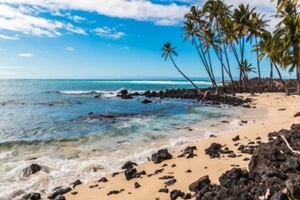
In Hawaiʻi, hospitality or ho`okipa is more than a business practice; it is a founding principle of its cultural values. When peak tourist season arrives for Hawaiʻi’s many hospitality-driven businesses, from hotels and resorts to touring companies and more, the large influx of visitors raises profits but also brings cultural and liability challenges.
The risks of peak tourist season include physical safety concerns, reputational damage, legal outcomes, and more, which can become costly repercussions without the proper guidance.
Use this guide to take practical steps to protect your business from peak tourist season liabilities with applied risk services and without sacrificing the core values of hospitality.
Why Liability Increases During Peak Tourist Season
During tourist season, rising demand for Hawaiʻi’s goods and services increases the pace of business operations. Protecting assets, workers, and guests from risks becomes a more complex process, as larger crowds lead to more wear-and-tear on infrastructure and increase the risk for accidents.
In addition to the risks of increased crowds, the fact that the crowds consist of people unfamiliar with Hawaiʻi’s laws and terrain adds pressure on business owners to keep their guests safe and informed. Even staff can pose an increased risk since many businesses hire temporary and seasonal employees to meet demand, though they may not have the same level of training as regular staff.
As tourists visit Hawaiʻi to enjoy its services, they form high expectations for those services, raising the risk of service-related complaints or claims toward the business. This is especially true of times when travel is expensive, as businesses strive to meet the increased demand for quality client care in a market where standards for care are higher than ever.
Key Areas of Liability Risk for Hospitality Businesses
As crowds increase in size during peak tourist season, these are some of the most common liabilities that businesses face:
Slips, Trips, and Falls
Slip and fall accidents are more common in crowded lobbies, pool areas, and uneven pathways. Any business that operates with wet surfaces or outdoor spaces does so with an increased liability risk.
Food and Beverage Service
Businesses that serve food and beverages deal with liabilities related to allergic reactions, foodborne illnesses, and alcohol. Additionally, those that provide delivery services and host events have even more risks owing to their increased operational complexity.
Employee Conduct and Training
Seasonal staff may be needed to fill the schedule during peak tourist season. However, compared to full-time staff, these employees may not have full safety, customer service, and legal compliance training. Improper handling of customer service issues, especially those involving safety or local regulations, can escalate to costly legal claims.
Recreational and Tour Activities
Recreational businesses often take on additional guest safety liabilities related to rental equipment, water sports activities, and other cultural experiences. Due to the limited control that the businesses have over natural recreation, their risk exposure becomes more complicated.
Cyber and Data Protection Risks
Many businesses handle a high volume of credit card transactions and guest data. This adds cyber threats to the risk exposure of the business, including the risk of data breaches, fraud, and personal information loss.
Practical Steps to Reduce Liability

Businesses in Hawaiʻi have distinct risk factors, as well as risks that impact businesses nationwide. These six practical steps can guide any business to reduce their risk during tourist season and year round:
1. Conduct a Pre-Season Risk Assessment
Before tourist season begins, businesses should evaluate their properties, operations, and policies for risk. Check past claims, inspect high-risk and high-traffic areas, and update safety protocols to match the current risk level.
2. Update Employee Training
Seasonal and temporary staff should be trained on safety, emergency procedures, and guest engagement up to the level of permanent employees. For both permanent and temporary staff, owners should review conduct expectations and compliance laws to fulfill the responsibilities of the business, such as alcohol service and ADA regulations.
3. Enhance Guest Communication
Clear signage, guest disclaimers, safety instructions, and health protocols related to the services of the business should be clearly displayed, using multilingual materials where appropriate. Effective guest communication can prevent liabilities and even protect the business from legal action.
4. Guarantee Proper Insurance Coverage
Businesses often treat their insurance coverage as set-and-forget protection, omitting coverage for recently added services or expanded operations. Before the tourist season hits its peak, businesses should review their general liability, workers’ comp, liquor liability, and cyber insurance policies, reviewing or adding additional coverage such as guest injury or tour-specific liability coverage where applicable. Most insurance providers include applied risk services to help you better determine areas of vulnerability in your business or industry.
5. Strengthen Vendor and Partnership Agreements
Third-party vendors such as tour operators and caterers should be required to carry adequate insurance and list the business as an additional insured. Contracts with third parties should include indemnity provisions to reduce the business’s exposure to risks related to their vendors’ activities.
6. Monitor Social Media and Reviews
Reputational damage can be a significant liability to businesses that rely on the tourist season. If guests bring up safety or service issues that are not addressed soon or effectively enough, they can file formal complaints or post on social media and online review platforms like Yelp and Google. Businesses should monitor their profiles and tags online, responding quickly and compassionately to guests to avoid further reputational harm.
Frequently Asked Questions
Do I need special liability coverage for seasonal activities?
Yes. Seasonal activities such as snorkeling, hiking, zip-lining, and other cultural experiences may require liability riders or additional policies. Even when not required, additional protection is recommended.
Can I be held liable for third-party vendor accidents?
Without comprehensive contracts or proof of vendor insurance, liability for vendor accidents could extend to the business.
Is it necessary to retrain returning seasonal staff?
Yes. Even experienced seasonal staff require an annual safety and training refresher to meet current compliance requirements.
Should I restrict certain activities during peak season for liability reasons?
Not necessarily, but the risk exposure of each business should be assessed depending on the activity of the season. Adjustments can include increased staff supervision, increased signage, or stricter safety protocols.
How much guest information should I collect for safety without violating privacy?
Guest information collection should be limited to necessary contact and medical information in compliance with safety and data privacy laws.
Contact Local Insurance Experts to Protect Your Business from Liability

Peak tourist season can become a major liability concern for businesses in Hawaiʻi. The people and visitors of Hawaiʻi hold the cultural value of hospitality very closely; any friction between what tourists expect from their experience and the care they receive can escalate into reputational or even legal consequences without an effective response.
At Atlas Insurance, our team serves the best interests of businesses in Hawaiʻi by providing applied risk services guided by nearly a century of local insurance experience. Contact our team today to learn how our policies and risk management steps help businesses lower their liabilities during peak tourist season, weather events, and all year round.
